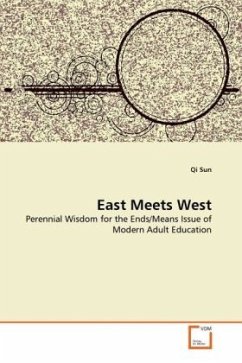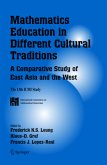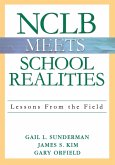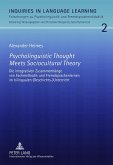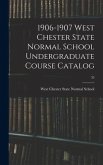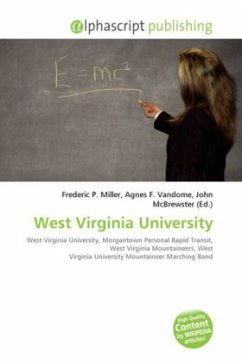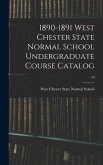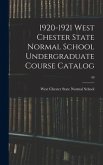For over a century, the practice of adult education has rested upon different philosophies. This has produced dramatic divergence in ends and means as seen by theorists. As the world becomes more globalized and competitive, education, particularly, what are its ends become more critical than ever before. This book via both Eastern and Western perennial wisdom reviews and addresses the ends and means issue of modern adult education. Applying Brian Hines' four states of being, a conceptual framework is developed to explore ultimate ends/means possibilities. Confucianism is then introduced to illustrate Sage, the Confucian ideal human model and Jun Zi, the realistic educational end, which help exemplify perennial wisdom from which modern adult education may benefit. A comparative study of Mao from China, Lindeman from U.S.A., and Freire from Brazil is also presented, which is in contrast with ends/means as seen from the perennial (wisdom) tradition. The author calls for a paradigm change and refocuses on effective learning outcomes for the globalized world. This is an excellent source for educators, graduate students, and policy makers who will be inspired for new visions/practices.
Bitte wählen Sie Ihr Anliegen aus.
Rechnungen
Retourenschein anfordern
Bestellstatus
Storno

